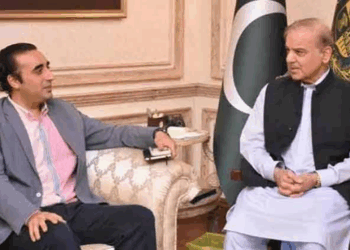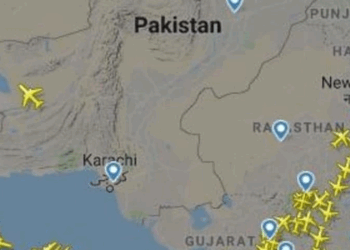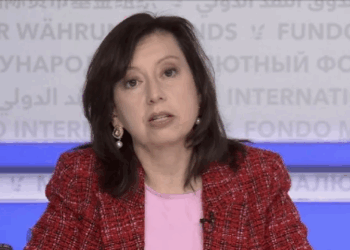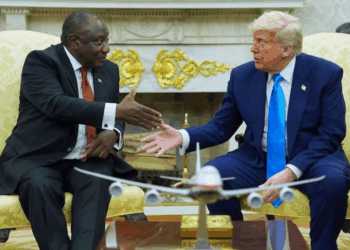Islamabad, May 16, 2025: In a landmark move to reshape Pakistan’s trade and industrial landscape, Prime Minister Shehbaz Sharif on Friday unveiled sweeping tariff reforms, capping customs duty at 15% and announcing the phased elimination of additional customs and regulatory duties over the next four to five years.
Chairing a high-level meeting on the National Tariff Policy, the prime minister approved what is being hailed as a historic step towards boosting export-led growth, reducing inflation, creating jobs, and attracting foreign investment.
According to a statement issued by the PM Office, “This move is being considered a major milestone toward economic improvement that will enable export-led growth. This decision is expected not only to help control unemployment but also to keep inflation in check.”
The prime minister directed that Additional Customs Duty (ACD)—currently ranging from 2% to 7%—and Regulatory Duty (RD), which varies between 5% and 90%, be gradually phased out. Simultaneously, the maximum rate of Customs Duty will be capped at 15%, down from rates that currently exceed 100% on some items.
To further simplify the import regime, the number of customs duty slabs will be reduced to four. This measure is aimed at cutting down legal complexities and ensuring a level playing field across different sectors of the economy.
Prime Minister Shehbaz stressed that the decision was part of a broader economic reform strategy developed in consultation with national and international economic experts. He said the reforms would help domestic industries access raw materials and capital equipment at competitive prices, enhance productivity, and improve Pakistan’s competitiveness in global markets.
The prime minister also highlighted the positive macroeconomic implications of the tariff reforms, stating that they would contribute to stabilizing the current account deficit, increasing revenue collection, and strengthening the national currency.
To oversee and ensure the timely implementation of the reforms, the premier constituted a special implementation committee.
The meeting was attended by Federal Ministers Jam Kamal Khan, Ahad Cheema, Muhammad Aurangzeb, Ali Pervaiz Malik, Special Assistant to the PM Haroon Akhtar, and senior officials from relevant ministries and departments.








